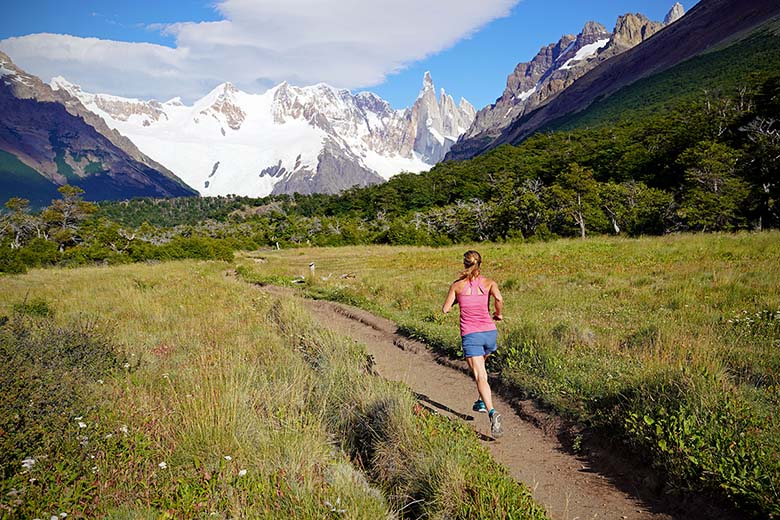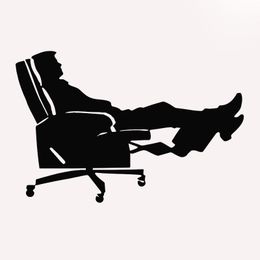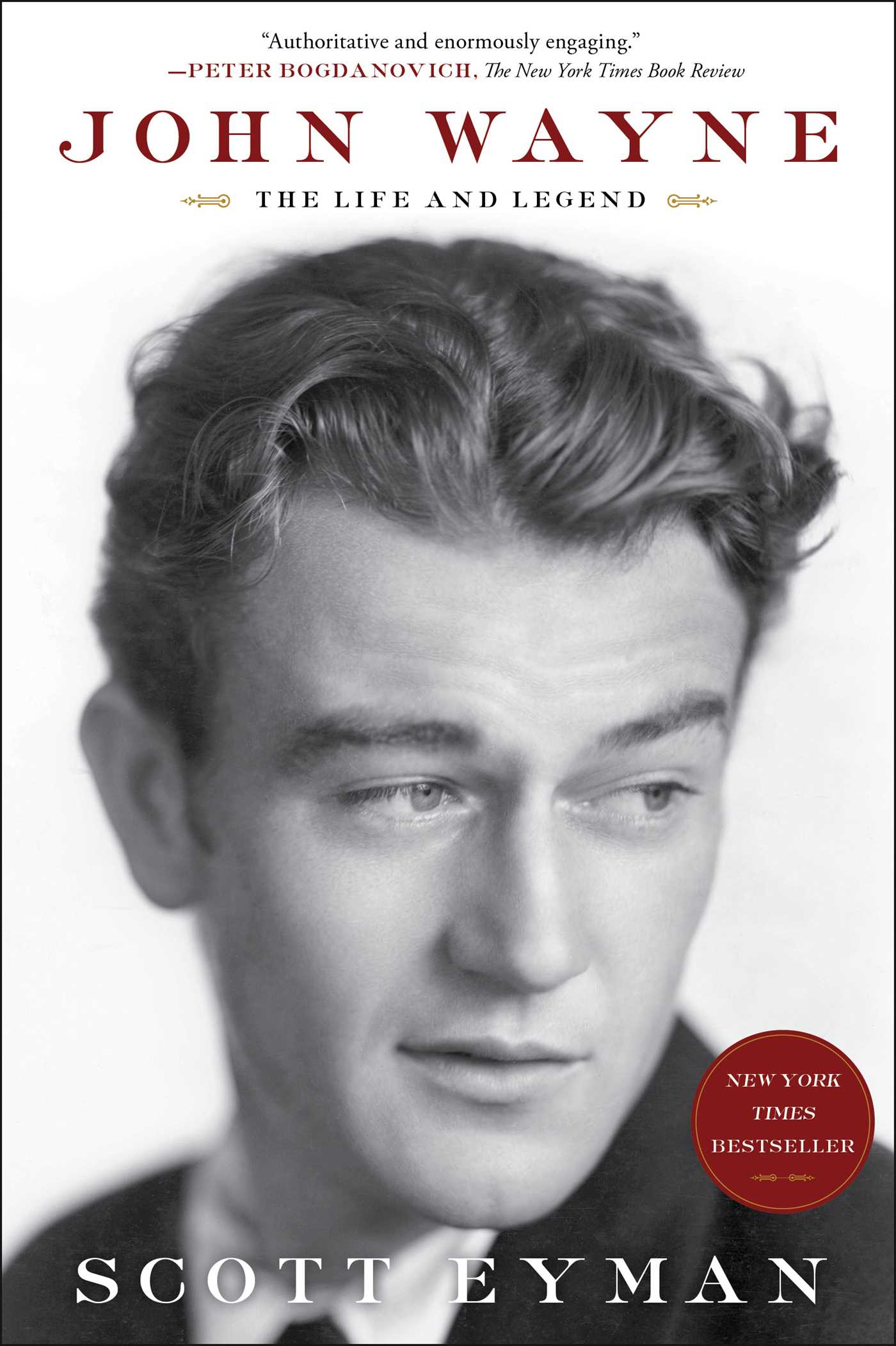I was off work today so I decided to a usual short run. I’ve
managed to put in 3 days a week on average, although I’m likely to miss a day
and settle for 2. I’m planning another half marathon in September, in Colorado.
That’s my vacation time and who doesn’t love that state? Rocky Mountain
National Park is breathtaking. It just demands to be seen. The Grand Canyon is
first on my list but the Rocky Mountains are just ridiculous. Someday I’d like to see
Yellowstone but I haven’t made that trip yet. Nor California which is also
packed full of natural beauty.
Not my fault; it’s a big country.
The elevation should make the race interesting. I’d like to
run the entire distance (13.1 miles) but without acclimating myself first, I’ll have to take
it slow. Currently the weather here in Tulsa is brutal. It has rained a lot
which pushed up the humidity even when the sun is overcast. I went for a long
run on Sunday with the intention of getting a full 9 miles in. It didn’t go
well. The humidity was upwards of 90 degrees and I was as wet as I would have
been if the sky opened up and poured rain. Not having the sun in my face was
great but the wetness slowed me up quicker than I expected. I only made 7.5
miles. Mostly I can struggle for a few miles and trudge the last bit feeling
like I’m pulling a school bus. This time I couldn't.
I went out again today and huffed through a miserable 3
miles. It’s frustrating to see others out on the trail seemingly dealing with
the hot weather like they hadn’t noticed. I barely get around the 3 mile loop
and they’re circling it again, with just a touch of perspiration. I know I
shouldn’t compare. Especially when circumstances like age, experience and
athletic ability come into play. But we do anyway right? I think most of us are
competitive to a degree. There is continent size gap between individual levels
though. Everyone knows at least one person who must win, at everything, all the
time. Others can’t be roused to even try. Both are frustrating but under the
right situations we all show grit when our particular sport, game or skill is
tested.
The best way to compete is with yourself, or rather the self you used
to be. I like that Apple watch commercial where the guy passes his old self up
on the way to exercising gains. He walks right by a slower version of himself
and then runs by the walking version of himself. Soon he is swimming and biking
in a competitive race. At every level he gets faster and stronger, ultimately
healthier.
It’s true in running and it’s true in life, looking back at
where you were and seeing improvement is the truest form of success. It’s also
the easiest to control.
There is an accountability aspect of why I started jogging
in the first place. I needed to get healthier and lose weight too, but mostly I
needed a goal or standard to hold myself to. Writing is the same way. I couldn’t
improve unless I created a blog and forced myself to update it regularly. OK,
so I don’t put things up every day or even 3 times a day like a proper blogger
would. But even that is subject to a lookback, an accounting of how far I’d
come. I think a lot of this ‘needing-a-larger-purpose' stuff is rooted in single
life. Married people have kids and spouses, and soccer games and school plays,
vacations and planning. They are weighted down with responsibility. Single
people have time, too much time really.
Time gets wasted so frequently (if you don’t have kids) that
the real challenge is in being constructive. Doing something worthwhile for
yourself and others is important for spiritual and mental health. Without
accountability we wither on the vine, we can’t move forward and get better,
even if getting better at our own slow pace.
Accountability is a first principle. Once you establish its
necessity, you can build out from there and take small steps. Improvement comes
slowly but it does come. Looking back at the milestones can be fun once
accountability is in play. So I'll keep running and churning and pulling the school bus until the next race.




